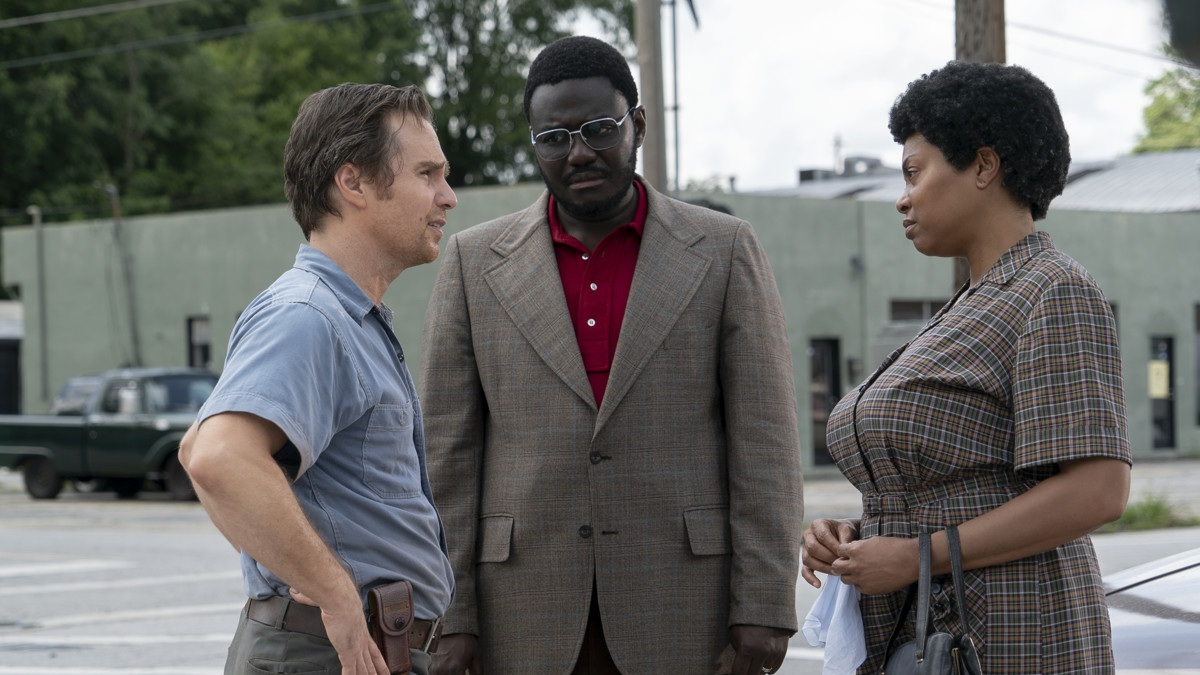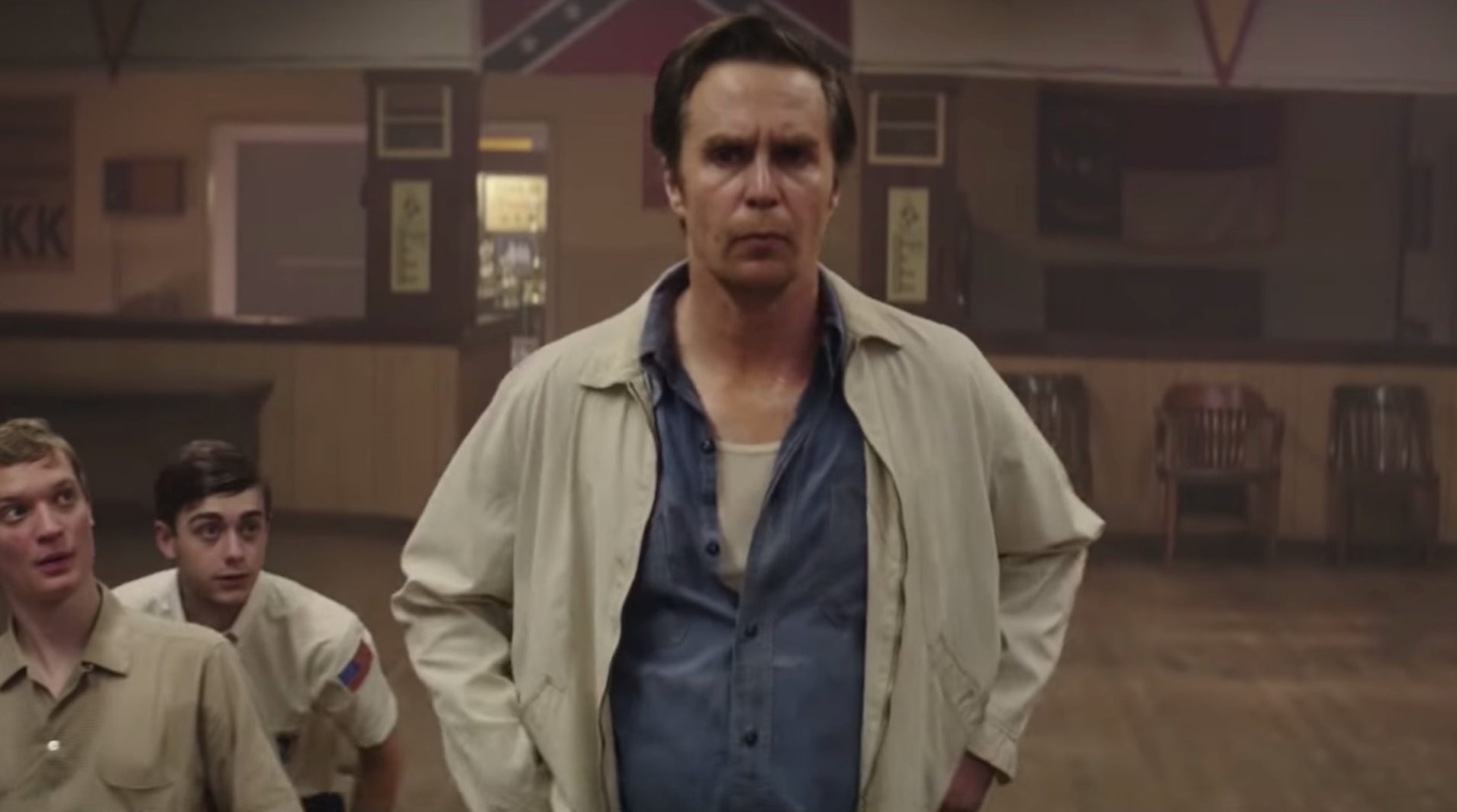Summary
In 1971, an all black elementary school in Durham, NC burned down forcing the community to come to the negotiation table over segregation of schools. The meetings over this issue were the unlikely first steps of friendship between C.P. Ellis, head of the local KKK, and Ann Atwater, a civil rights activist.
Context
This is not my sort of movie. I grew up in the 90s and have seen my fair share of anti-racism, civil rights activism, and people are just people movies in my life. In general, I don’t like them. They are preachy, usually unimaginative, and at worst, exploitative or simplistic. The fact that I agree with the sentiment contained within doesn’t change at all that I find the films to often be lazy or melodramatic.
I think racism is terrible and the atrocities that the white people of this country perpetrated against African Americans from the beginning of our country to this day are abhorrent but frequently movies about theses events and acts simply do not rise to the level of great art, in my eyes.
I am also White, Male, and in My late 30s. So I’m not sure if I’m the target demo for this movie or not. I think I might be but then again, who knows.
My Thoughts
Once again I find myself in the undesirable position of reviewing a movie that I believe most people will really enjoy if they watch it but that I found pretty hum drum. There are flashes of great acting in the film and the story really is extremely inspiring. If it wasn’t a true story the plot would sound like some overcooked Hollywood invention but it isn’t.
Ann Atwater really was a loud, intrusive, and motivated woman who seldom took no for an answer and C.P. Ellis really was a racist bigot who organized KKK rallies and demonstrations. They really did become friends and changed the course of history and the town in Durham, North Carolina.
Unfortunately while I think I would love to hear and Episode of “This American Life” on the subject or a feature documentary on the story, this film does little to earn its existence as a film.
Cinematically, the film does nothing to tell the story in any other way than in the standard Hollywood Studio coverage with which they shoot every other movie. It seems that there are a host of film makers that think that film is primarily a means for delivering information. In this regard the film is competent. At the end of the film, you can tell the story of C.P. and Atwater though I doubt anyone who felt one way or the other would have had any change of mind throughout.
The film relies on the Racial Drama Genre’s tropes and character archetypes with rarely a deviation. The acting though mostly competent is over acted in many scenes and the costuming/aging of Atwater (Taraji P. Henson, “Hidden Figures”) simply looks terrible in several scenes. Why they couldn’t have just gotten and overweight woman to play this role is beyond me.
I feel about this film the way I feel about many Christian films. It seems like they are made for choir. It seems like they are made without an eye for imagery, composition, connection through editing that make film what it is. To a large degree I could have closed my eyes and gotten as much out of this film just by listening to it as if I had watched it intently.
It’s one thing to make a movie about a tough subject. Another to make it actually connect with an audience. That is the skill of true works of art. They create experiences and emotions within their viewers. Watching this film was more like watching the film equivalent of a Wikipedia article.
Maybe I’ve just seen too many of these films. Maybe they seem like too small a band aid on too big a wound. I’m glad they exist but they just don’t seem to do anything for me.
Review Written By:





